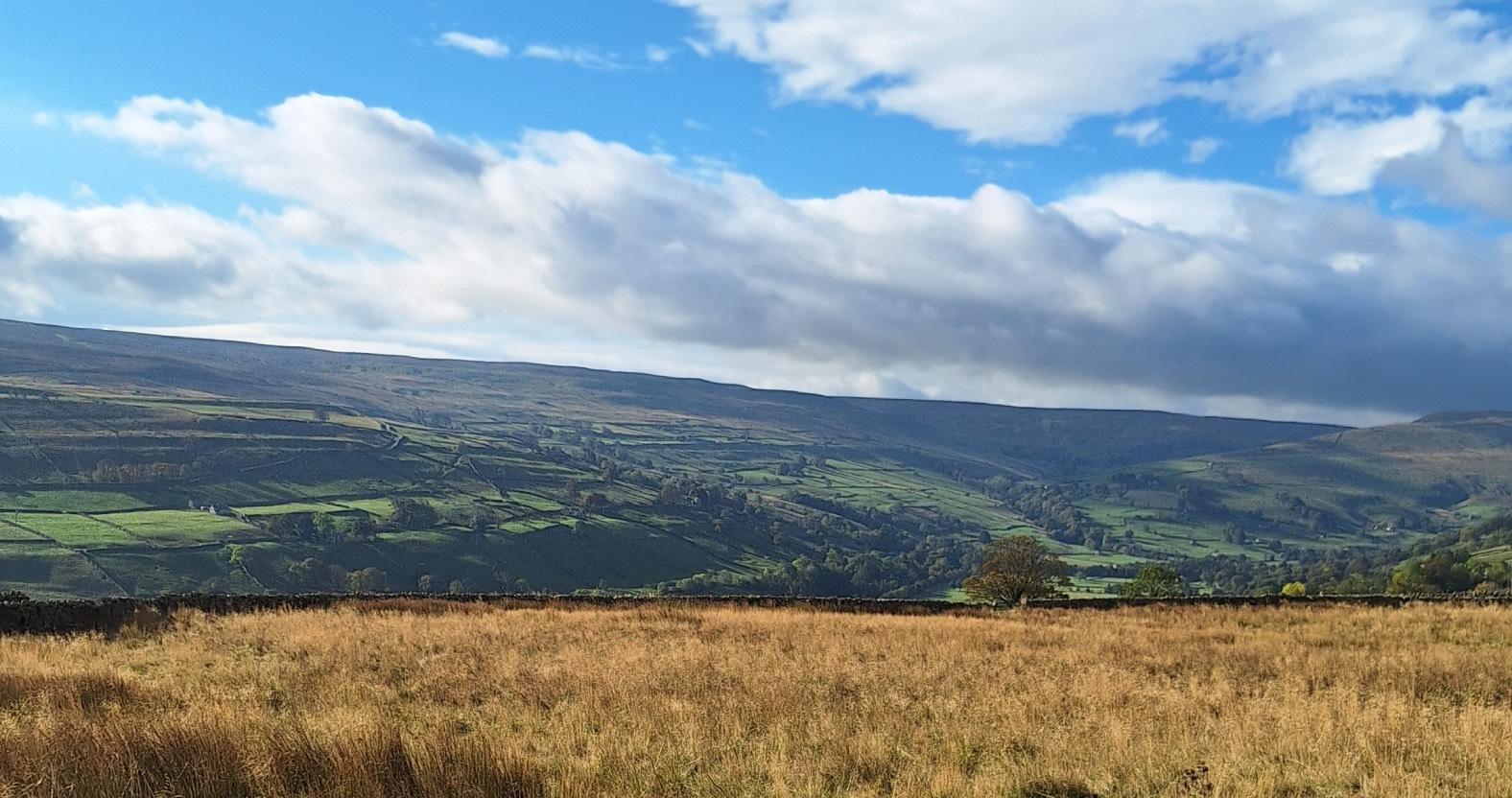Subscribe to trusted local news
In a time of both misinformation and too much information, quality journalism is more crucial than ever. By subscribing, you can help us get the story right.
- Subscription costs less than £1 a week with an annual plan.
Already a subscriber? Log in here.
27
Oct
Plan to encourage more people from ethnic minority groups to visit Yorkshire Dales

An aim to encourage more people from ethnic minority groups to the Yorkshire Dales has been outlined in a new report amid concerns that 97 per cent of visitors are white.
The updated National Park Management Plan for 2025–2030 includes six key ambitions for the next five years.
These include restoring wildlife, mitigating the effects of climate change, strengthening communities, and boosting the local economy.
The plan was launched last week at the annual forum of the Yorkshire Dales National Park Management Plan Partnership at the Devonshire Institute in Grassington.
David Sharrod, outgoing chair of the partnership, said:
These objectives are measurable and grounded in reality.
“This isn’t vague ‘motherhood and apple pie’ — it’s about putting local people at the heart of real change.
One of the key aims of the plan is to make the park a more welcoming and friendly place.
The proposals include working with 200 community groups to design activity days, support and training to help people from underserved communities to experience the national park.
The plan also aims to provide at least 7,000 volunteer days per year, with at least 20 per cent of participants again coming from underserved communities.
Michael Devlin, chief executive of Yorkshire Dales Millennium Trust, a partner organisation, said:
Of the five million annual visitors to the Dales, 97 per cent are white and three-quarters are over 45.
We want to change that — to make the Dales a truly welcoming and inclusive place.
Other objectives include start work on the restoration of all remaining degraded peatland in the national park by 2035.
Neil Heseltine, a Dales farmer, spoke about the objectives for wildlife.
He said:
As someone who has farmed in the Dales all my life, I’ve seen how deeply our landscapes, our farming culture and local communities are intertwined with nature.
But we face real challenges. Our rivers are deteriorating in their quality. Although we are bucking the national trend with species like red squirrel and curlew, overall biodiversity is still in decline. This new plan sets out a bold and a brave ambition to help nature recover at scale.
Angela Jones, director of thriving places at Westmorland and Furness Council, told the forum about the importance of affordable housing to retain and attract young people.
She said:
We need to retain our young families and young people and attract more young people to the area. Having the right type of new housing — affordable housing, whether that is for sale or for rent — is really important.
Our objective for the next five years is to support the completion of 250 dwellings in the national park, at least half of which will be affordable.
0